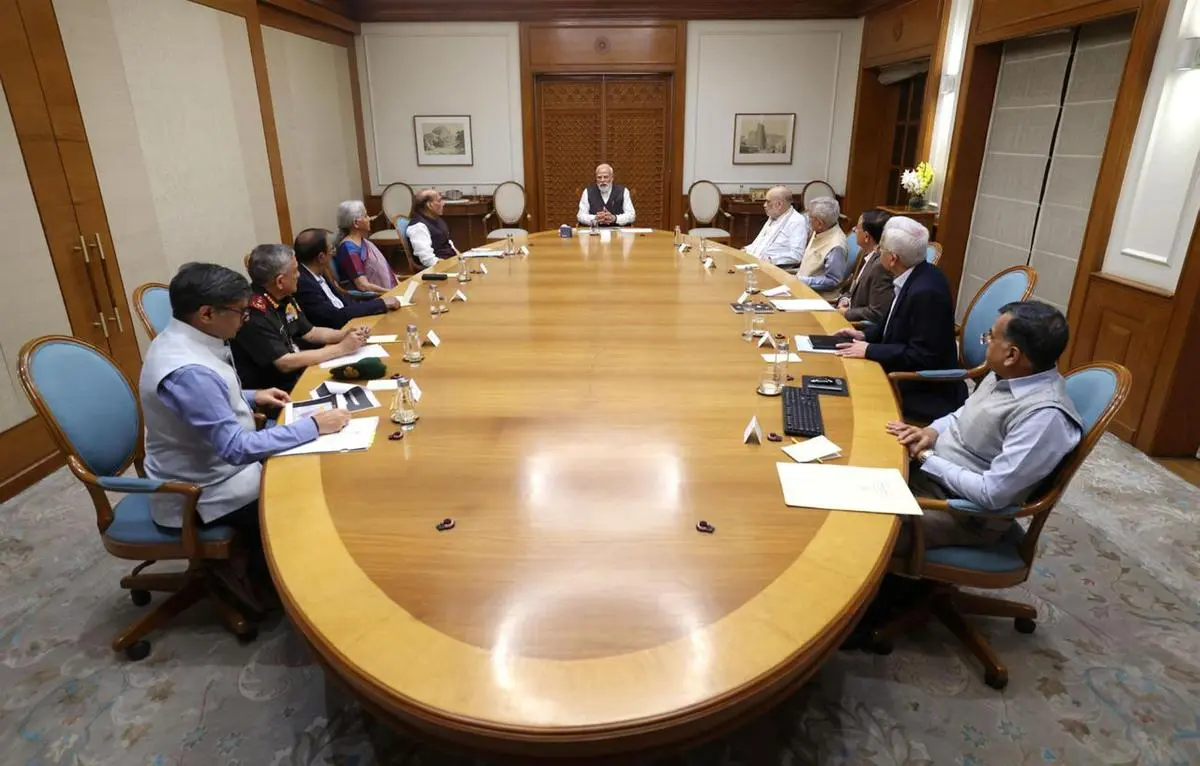Veteran Indian-origin journalist accuses CBC of tokenism and exclusion; broadcaster denies claims, refuses resignation
Travis Dhanraj, a prominent Indian-origin news anchor at the Canadian Broadcasting Corporation (CBC), has announced his resignation, alleging a toxic workplace culture defined by exclusion, retaliation, and performative diversity.
Dhanraj, who has spent over two decades in Canadian journalism, said he was “forced” to quit after attempting to challenge internal issues at the public broadcaster, reported gujaratsamachar.com.
Dhanraj says he was sidelined and silenced for questioning CBC’s lack of real diversity and editorial integrity.
“This was not a voluntary decision,” Dhanraj wrote in a letter to his colleagues. “It comes after trying to navigate a workplace culture defined by retaliation, exclusion, and psychological harm.”
He claimed CBC used him as a token of diversity, promoting him as a symbol of progress, only to sideline and erase him once he began questioning the organization’s internal practices. He cited concerns about “tokenism masquerading as diversity,” editorial imbalance, and deteriorating independence in political coverage.
“CBC calls itself a champion of inclusion and public trust. But those ideals are too often branding tools, not lived principles. And Canadians are noticing,” he wrote.
CBC rejects Dhanraj’s allegations and refuses to accept resignation
Following Dhanraj’s statement, his lawyer Kathryn Marshall revealed plans to file a formal human rights complaint. On X (formerly Twitter), she also stated that CBC has refused to accept his resignation.
CBC spokesperson Kerry Kelly confirmed to media that Dhanraj remains on leave and “categorically rejected” his claims, including his assertion that he was forced to resign.
The situation highlights deeper tensions over diversity and media accountability in public institutions
The incident has sparked debate over the authenticity of diversity efforts in Canadian media and public institutions. While CBC maintains that it upholds principles of inclusion and integrity, Dhanraj’s detailed allegations suggest a growing disconnect between public messaging and internal culture—an issue now gaining public attention.








